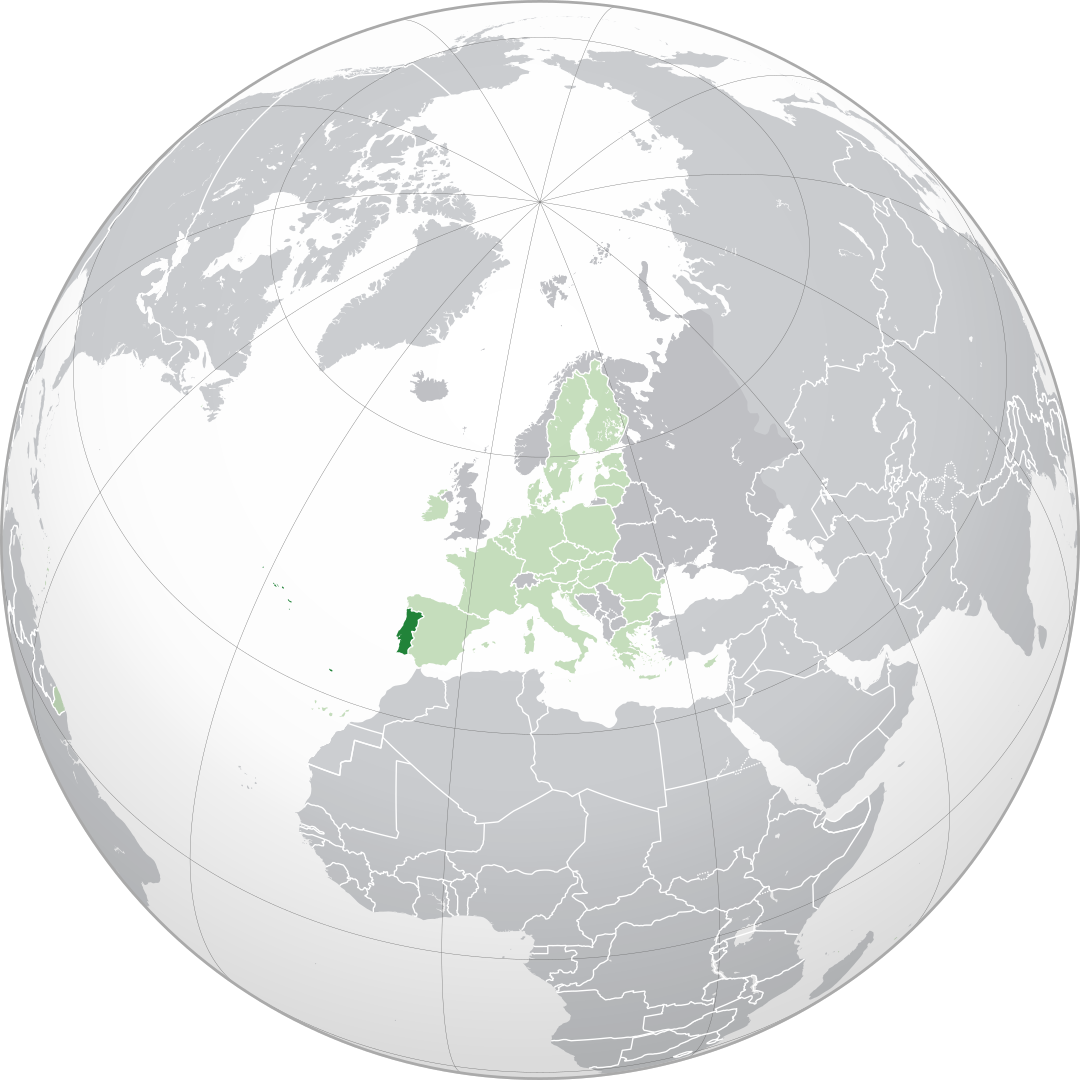
- Population:
- 10,425,000
- Religion:
- Christianity
Portugal was a global maritime power in the 15th and 16th centuries, leading the Age of Exploration. It became a republic in 1910 and experienced decades of dictatorship before transitioning to democracy in 1974. Today, Portugal has a strong economy based on tourism, technology, and trade.
Portugal, officially the Portuguese Republic, is a country located on the Iberian Peninsula in Southwestern Europe. It is the westernmost sovereign state of mainland Europe, bordered by Spain to the east and north, and the Atlantic Ocean to the west and south. The country's territory also includes the Atlantic archipelagos of the Azores and Madeira, both autonomous regions with their own regional governments. Covering an area of approximately 92,090 square kilometers, Portugal has a population of about 10.3 million people as of 2023. The capital and largest city is Lisbon. The official language is Portuguese, with Mirandese recognized as a regional language. Portugal operates as a unitary semi-presidential republic. The economy is diverse, with key sectors including services, industry, and agriculture, and has seen significant growth in technology and tourism in recent years. Portugal is known for its rich cultural heritage, historical landmarks, and as the birthplace of notable explorers during the Age of Discovery. The country is a member of international organizations such as the United Nations, the European Union, NATO, and the Community of Portuguese Language Countries.





